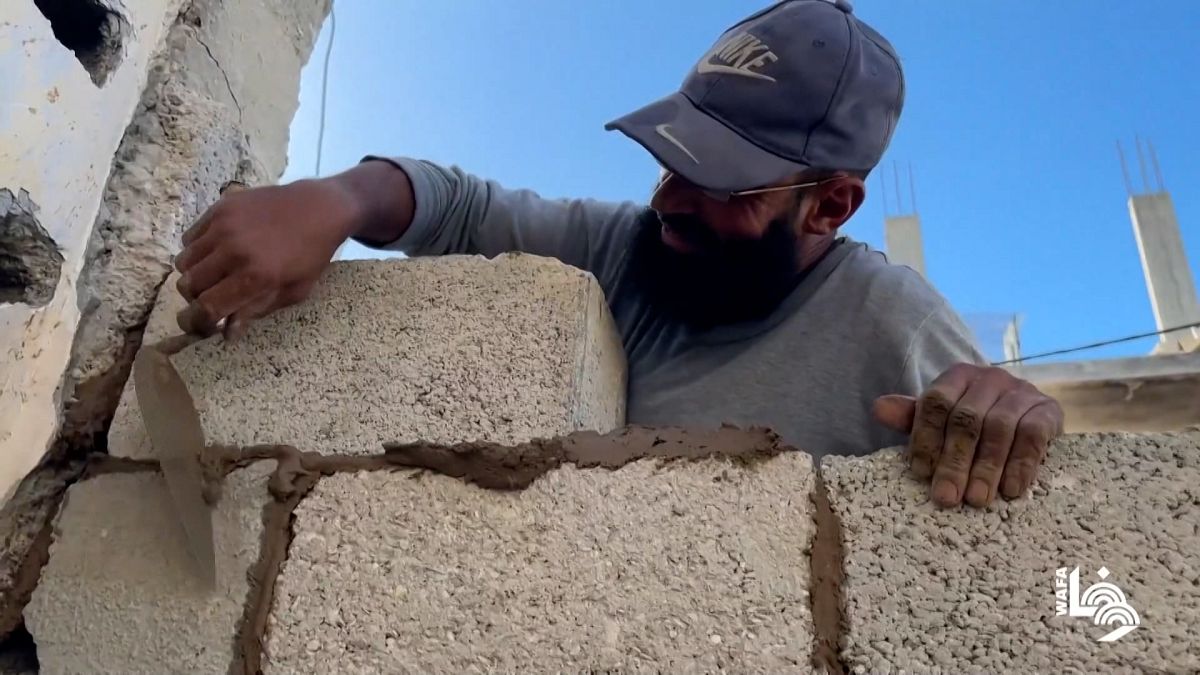EU snubs France to seal huge Latin American trade deal
Ursula von der Leyen announces South American trade accord, delighting her fellow Germans but infuriating France which calls the deal unacceptable.
European Commission President Ursula von der Leyen sealed a massive trade agreement with South America on Friday, in a bold step that threatens to widen a rift between France, which hates the deal, and her native Germany, which loves it.
“Today marks a truly historic milestone,” von der Leyen said after summit talks with leaders of the Mercosur bloc in the Uruguayan capital, Montevideo.
The agreement, which took 25 years to complete and would create a free-trade zone spanning more than 700 million people, is furiously opposed by France, which fears that a glut of cheap poultry and beef imports would undercut its farmers.
Germany, on the contrary, wanted Brussels to seize the opportunity to open new markets for its flagging exporters. The head of the Federation of German Industry (BDI), Siegfried Russwurm, immediately put out a statement hailing the deal: “This agreement will provide an urgently-needed growth impulse for the German and European economy.”
The accord, which eluded von der Leyen in her first term, marks a massive geopolitical win as she embarks on her second. It seeks to deepen ties between the EU and Mercosur — which comprises Brazil, Argentina, Uruguay, Paraguay and newcomer Bolivia — just as Donald Trump threatens to launch a global trade war when he returns as U.S. president next month.
“We are sending a clear and powerful message,” von der Leyen told a joint press conference. “In an increasingly confrontational world, we demonstrate that democracies can rely on each other. This agreement is not just an economic opportunity. It is a political necessity.”
Von der Leyen and EU trade chief Maroš Šefčovič flew in to Uruguay on Thursday to seal the deal, causing uproar in France, where the government had fallen just hours earlier.
Gloves off
Paris is expected to fight on but would need to expand an anti-Mercosur coalition that already includes Poland, Austria and Ireland to prevent the deal from being ratified.
“France’s voice remains strong in Europe,” said French Junior Trade Minister Sophie Primas. “No, we’re not alone in our opposition to Mercosur as it stands. We can achieve a blocking minority.”
Paraguay’s President Santiago Peña committed to visiting France next week in a bid to talk President Emmanuel Macron around.
With Italy wavering, eyes will turn to Rome to see whether Prime Minister Giorgia Meloni will tip the scales against the deal.
“Signing can only take place subject to adequate safeguards and compensation in case of imbalances for the agricultural sector,” Meloni’s office wrote in a statement.
As a large EU country, Italy would have enough voting weight to kill the agreement — an outcome that would deal a political blow to von der Leyen from which she might not recover politically.
Initialing the trade and cooperation agreement with Mercosur marks the end of political negotiations. The text will be published early next week, lifting the veil of secrecy around the negotiations and giving national capitals the chance to express their considered view.
The agreement would still need to undergo legal checks and translation, which could take several months.
The speediest way to then ratify the trade part would be to split it from the political and cooperation pillar. Although this has yet to be confirmed, this is expected to be the preferred way for Brussels, where only the Council of the EU and the Parliament have to weigh in and where unanimity is not required among EU countries.
The other pillar, covering investments and political cooperation, would only apply once all national parliaments ratify — a process that can take years.
Hannah Roberts contributed to this report. This story has been updated.
What's Your Reaction?



















































